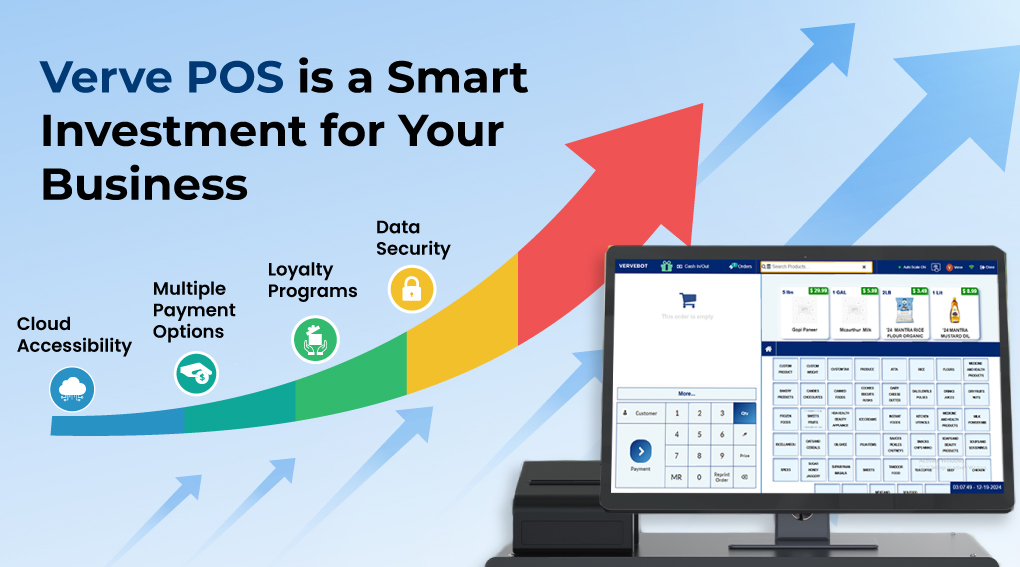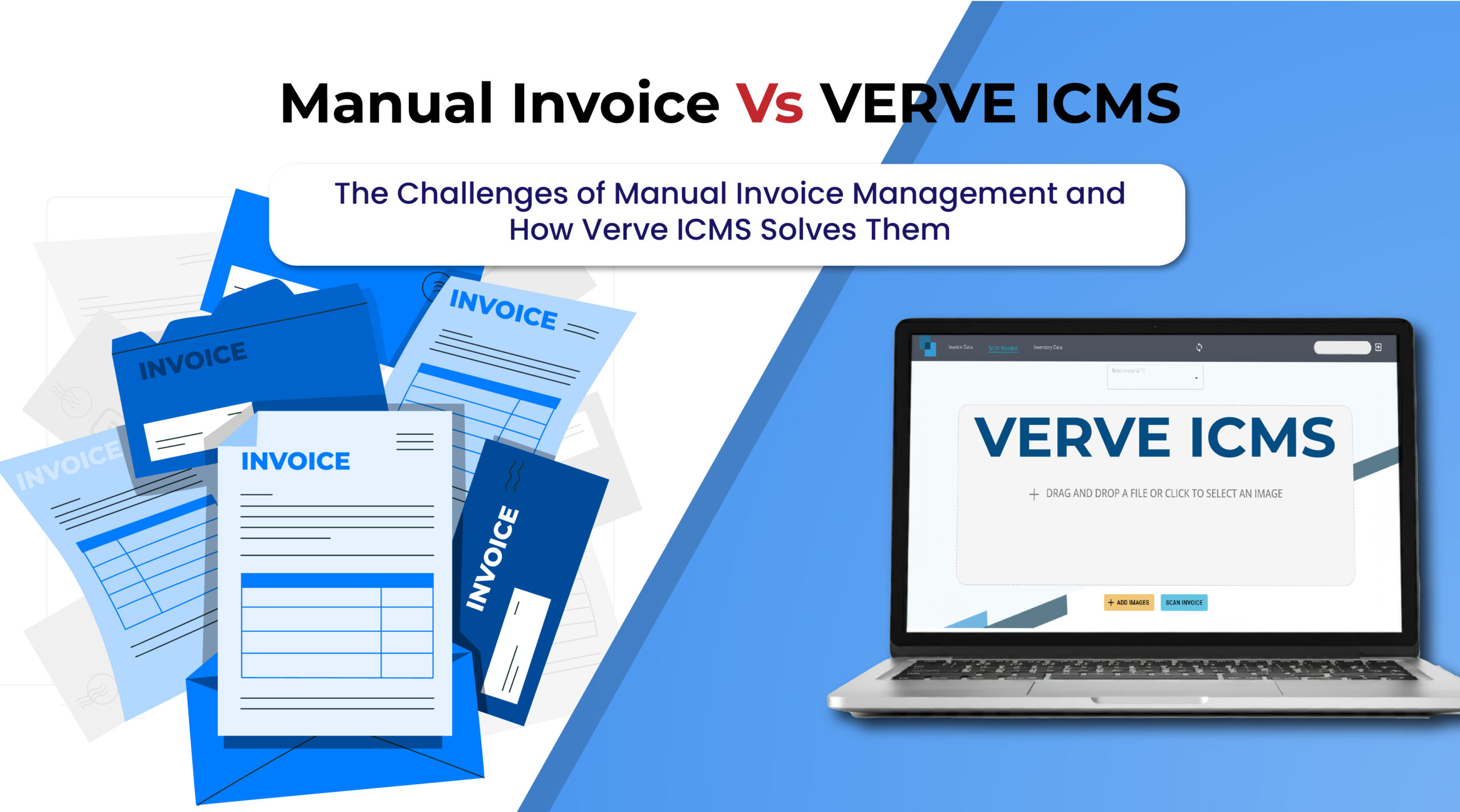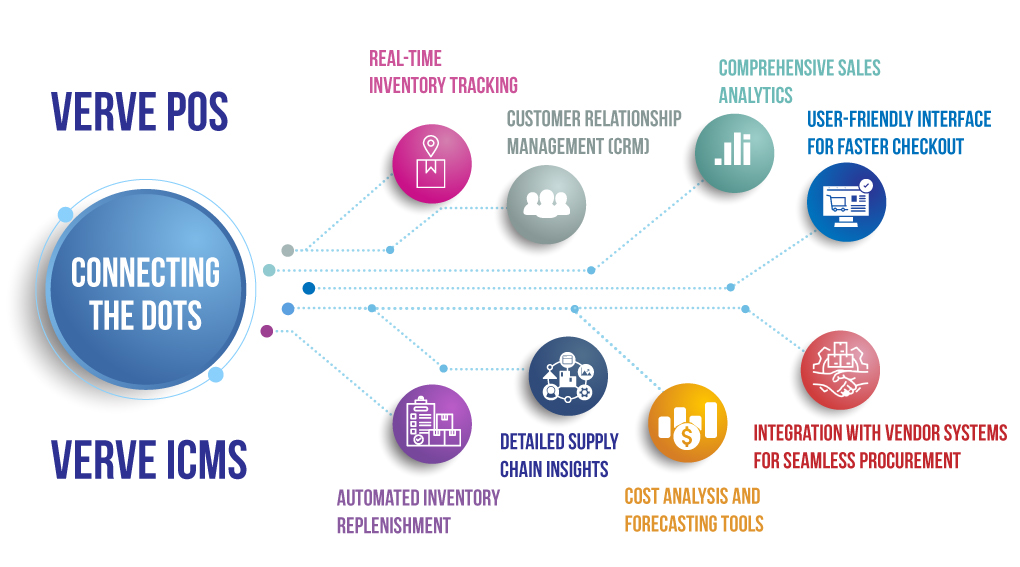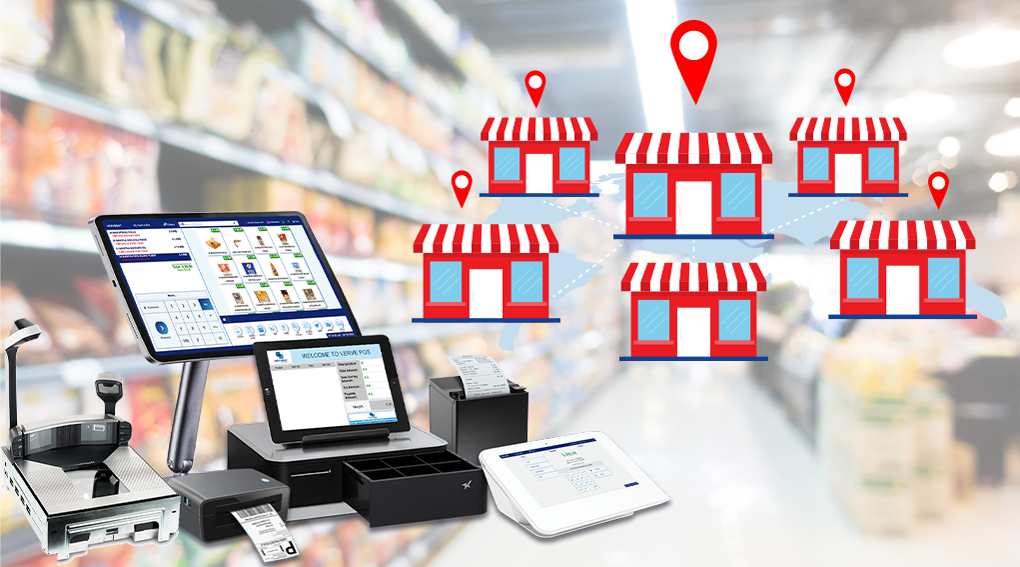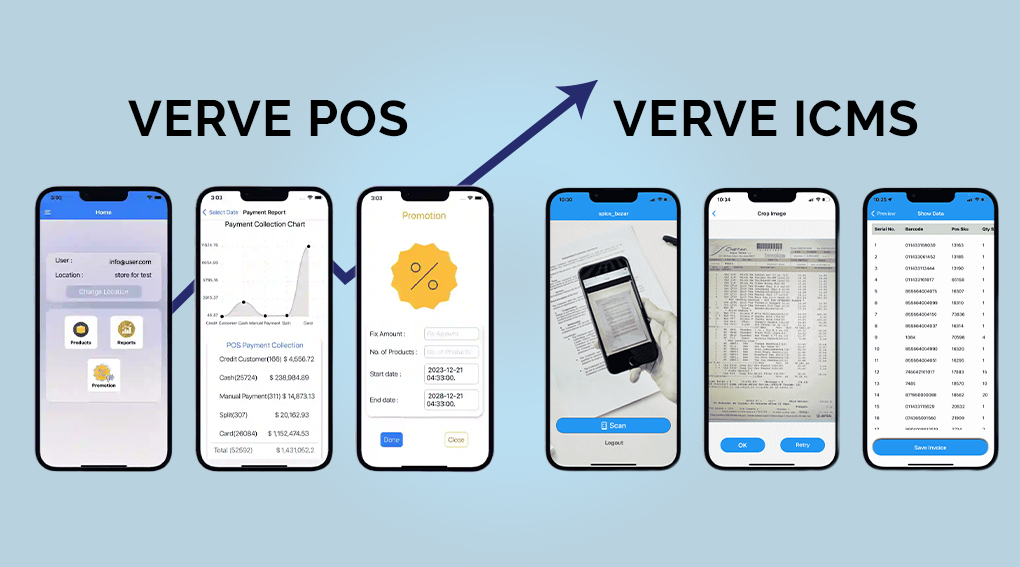In today’s digital age, mobile devices have become integral to our lives. From checking emails to shopping online, we rely heavily on smartphones and tablets. This growing reliance on mobile technology has created a massive opportunity for businesses to reach and engage with their target audience. One of the most effective ways to do this is through mobile apps.
Why Mobile Apps Matter
- Increased Accessibility: Mobile apps offer unparalleled accessibility. Users can access your services or products directly from their devices anytime and anywhere. This convenience can significantly boost customer engagement and satisfaction.
- Enhanced User Experience: Mobile apps can provide a more personalized and intuitive user experience than traditional websites. Features like push notifications, offline functionality, and location-based services can enhance customer interaction and loyalty.
- Improved Brand Recognition: A well-designed mobile app can strengthen your brand identity. It constantly reminds you of your business and creates a positive association with your brand.
- Increased Sales and Conversions: Mobile apps can be a powerful tool for driving sales and conversions. You can incentivize users to make purchases or take other desired actions by offering exclusive features, promotions, or loyalty programs.
- Data Collection and Analytics: Mobile apps can provide valuable user behavior and preferences insights. Collecting data on app usage can tailor your marketing strategies and improve your products or services.
Key Features and Benefits of Mobile Apps
- Push Notifications: Send targeted messages directly to users’ devices, keeping them informed about new products, promotions, or updates.
- Offline Functionality: Allow users to access certain features or content even when not connected to the internet.
- Location-Based Services: Leverage GPS technology to provide location-specific information or services, such as nearby stores, events, or offers.
- In-App Purchases: Offer virtual goods, premium content, or additional features for purchase within the app.
- Social Media Integration: Connect your app to popular social media platforms to enable sharing, user reviews, and community building.
- Loyalty Programs: Reward repeat customers with points, discounts, or exclusive offers to encourage loyalty and repeat business.
- Chatbots and Virtual Assistants: Provide instant customer support and assistance through AI-powered or virtual assistants.
- Payment Integration: This allows users to make secure payments directly within the app, simplifying purchasing.
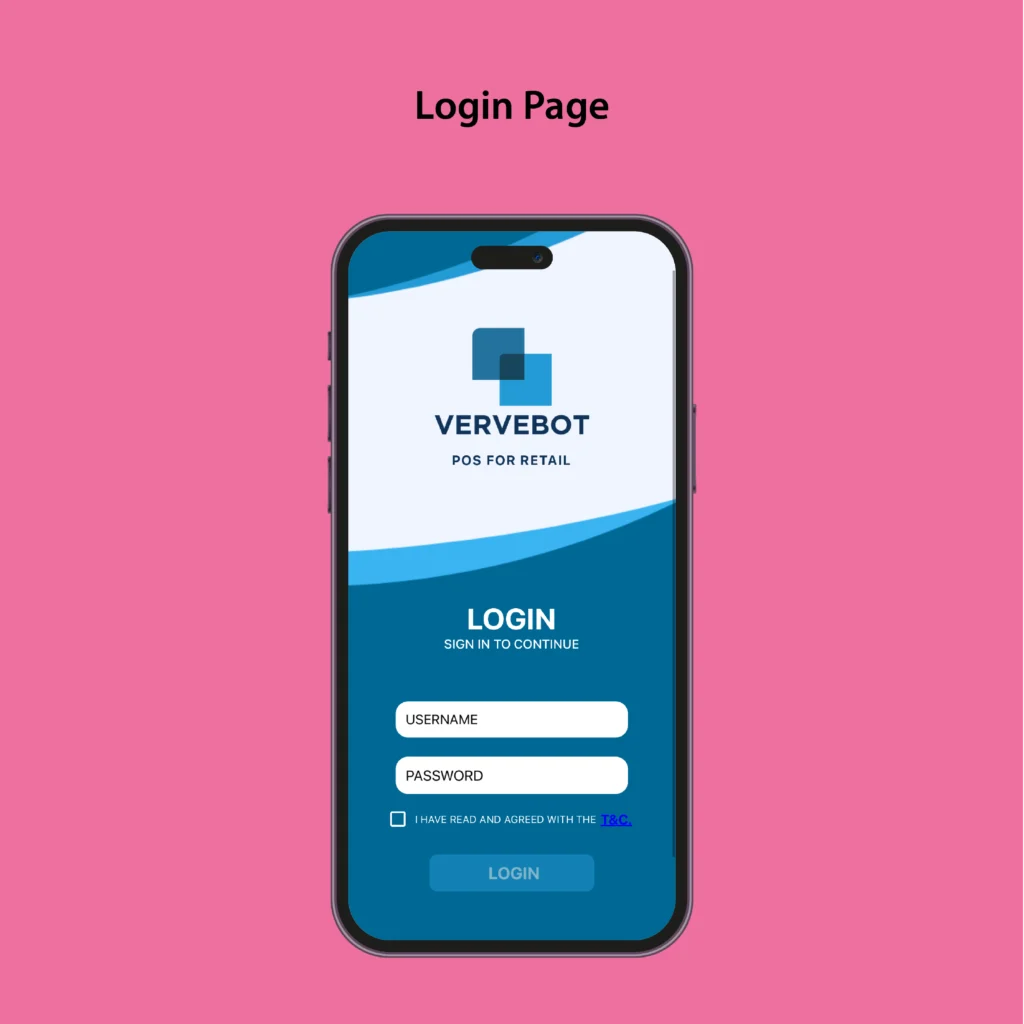
Choosing the Right Mobile App Development Approach
When developing a mobile app, it’s essential to consider your business goals and target audience. There are two primary approaches:
- Native Apps: These apps are developed specifically for a particular platform (iOS or Android). They offer the best performance and access to device features but require separate development efforts for each platform.
- Hybrid Apps: These apps are built using web technologies (HTML, CSS, and JavaScript) and packaged into native app containers. They are easier to develop and maintain but may need improvement in performance and access to device features.
Key Considerations for Mobile App Development
- User Interface (UI) and User Experience (UX): A visually appealing and intuitive interface is crucial for a successful mobile app. Prioritize user experience by designing a straightforward navigation structure and easy-to-use features.
- Performance: Ensure your app performs smoothly and quickly, even on older devices. Optimize code, images, and other resources to minimize loading times.
- Security: Implement robust security measures to protect user data and prevent security breaches.
- Monetization Strategy: Determine how you will generate revenue from your app. Standard monetization methods include in-app purchases, subscriptions, advertising, and freemium models.
Conclusion
The rise of mobile apps has created a vast opportunity for businesses to connect with their customers and drive growth. Developing a well-designed and engaging mobile app can enhance your brand presence, improve customer satisfaction, and achieve your business objectives.

